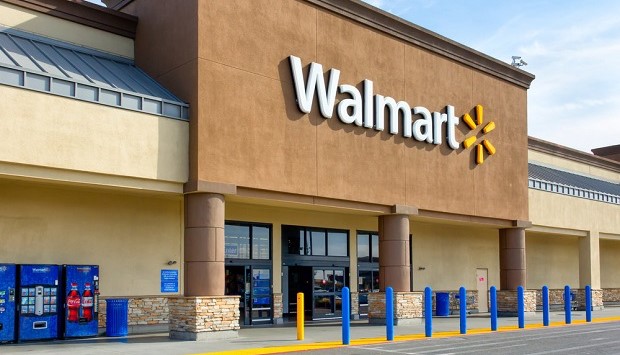
CHICAGO—The Fed's decision this week to push up its key interest rate, and the likelihood of several more hikes in 2018, has a lot of commercial real estate professionals advising clients that it's time to think seriously about selling some properties. No one seems to be predicting any kind of real turmoil in the market, just that the direction is clear.
“Cap rates are not going to do anything but go up this year,” Camille Renshaw, chief executive officer and co-founder of Brokers + Engineers, a net lease brokerage, tells GlobeSt.com. “So, if you're going to sell something, you're going to want to get it on the market sooner rather than later.”
Renshaw's firm just compiled net lease capitalization rate data. The survey of more than 75 of the best-known brand names in the market, including retail, industrial and medical office, finds a 2016 average of 5.94% and a 2017 average of 5.83%. She says their brokers forecast a mostly status quo environment for the first quarter, but “retail cap rates will change as a result of the changing retail landscape, and inflation will begin to seep in and push up cap rates slightly.”
“There are going to be consistent bumps from the Fed,” she adds. And even though “we expect volume of deals to remain stable,” each of these bumps will cause many investors to pause for a short time so they can understand the new conditions. She expects many will look into selling properties in certain geographic areas and investing in low-tax jurisdictions, such as FL, TX, and TN. “There happens to be a lot of retail development in these areas.”
But it will take time to fully understand the true impact these rate increases are having on the net lease markets. Potential sellers will take several weeks to decide if they need to make a move, and then a property will sit on the market for perhaps 60 to 90 days, followed by another 60 to 90 days to close. Altogether, “it takes about six months on average to show up in the comps.”
Therefore, net lease investors should pay close attentions to all this activity, and how it will impact them in 2018. But, Renshaw emphasizes, “there is nothing horrible happening.” In fact, as many other experts have also noted, there are long lines of investors just waiting to pour capital into US real estate. “That's why we say it's going to be stable.”
Brokers + Engineers caters to investors interested in 1031 exchanges, especially for retail properties, and Renshaw says the appetite for these products will continue. Most investors in the space look for stable, income-producing properties, and the well-known brand names that dominate this space are always popular. “We all know Dunkin' Donuts and what it does, so it's an easy investment.”
“A lot of the big box properties are getting hurt,” she adds, mostly by the competition from Amazon and other e-retailers, but the quick-service restaurants, retail banks and other businesses that provide services are still doing very well. However, some banks have considered closing some of their retail outlets due to the rise of online banking, and she advises taking more care when buying these properties. “I wouldn't bet against the credit of a bank, but you will want to make sure you have a great parcel and can put in a quick-service restaurant if the bank location closes.”
But the question hovering over every investor in the net lease market is a simple one. “Do you want to sell now or wait a year?” Now, Renshaw points out, sellers will benefit from the lower cap rates, and when they use the proceeds to purchase another investment in the future, they will benefit from the higher cap rates. “It's a great time to trade.”
Want to continue reading?
Become a Free ALM Digital Reader.
Once you are an ALM Digital Member, you’ll receive:
- Breaking commercial real estate news and analysis, on-site and via our newsletters and custom alerts
- Educational webcasts, white papers, and ebooks from industry thought leaders
- Critical coverage of the property casualty insurance and financial advisory markets on our other ALM sites, PropertyCasualty360 and ThinkAdvisor
Already have an account? Sign In Now
*May exclude premium content© 2025 ALM Global, LLC, All Rights Reserved. Request academic re-use from www.copyright.com. All other uses, submit a request to [email protected]. For more information visit Asset & Logo Licensing.








